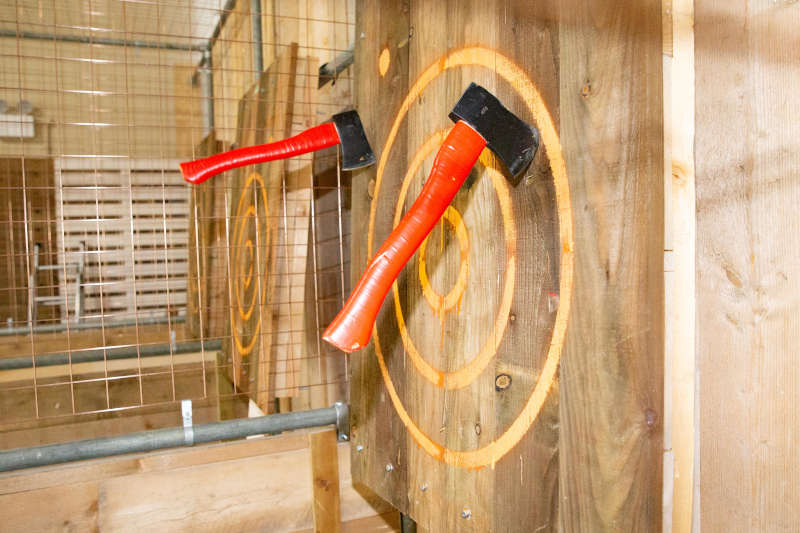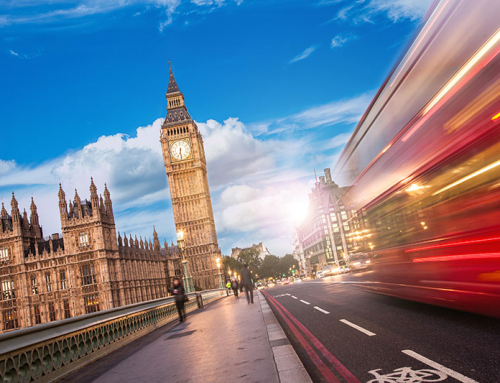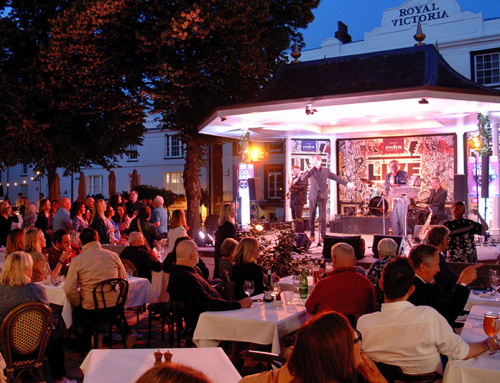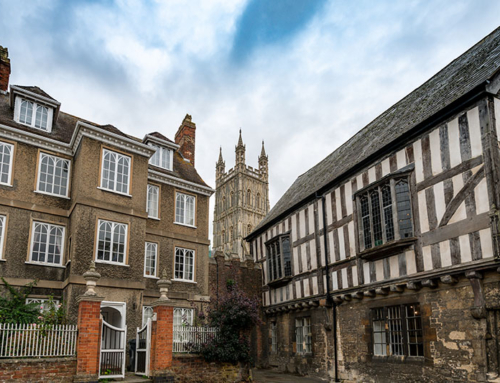Over the past 40 years, retail has dominated British high streets and out of town destinations. With the exponential growth of commercial property, we have witnessed the rise of shopping centres and so-called ‘clone towns’.
Although specific high street offerings continue to thrive – there’s no denying the various factors that have shifted consumer behaviour and impacted the landscape of British retail. The challenges created by the COVID-19 pandemic simply have turbocharged this metamorphosis, with the last 16 months triggering a tsunami of change across the retail industry.
Due to this, many cities and town centres are seeking new purpose. In this week’s blog, we’re exploring what the future holds for commercial property.

The hub of the community
After multiple lockdowns and prolonged social distancing, physical space will play a key role in reconnecting a fragmented population. With the drive toward online shopping, the town centre will need to re-establish itself as a community hub.
To recalibrate with customers, the next few years will see asset managers focusing on what brick-and-mortar locations can offer the general public that the virtual world cannot – the keywords are “space”, “interaction” and “experience”. Secondly, businesses will have to reconceptualise the high street as a community resource, as opposed to a solely corporate one. If successful, our town centres could once again become a place where people can exchange ideas and learn new skills, as well as do their shopping.
In the years ahead, the high street will likely become a supportive hub, with a consolidated retail shift into mostly essential retail offerings, including grocery shops, health centres, farmers’ markets and banking hubs. Throughout the past year, we’ve seen a significant rise in localism, with small independent businesses flourishing. These distinct consumer trends give us foresight into the community-driven high street of the future that has everything we need.
‘Retail space’ reimagined
With the closure of big brands like Debenhams and Arcadia’s retail monopoly, there’s no ignoring the retail causalities of the past year. It’s clear that COVID has been a tipping point, presenting challenges that need to be tackled now – if not, there’s a real risk of redundant retail property sitting dormant for decades to come.
Further emphasising the theme of community and social interaction; experiential offerings are proving to be the key to reinvigorating shuttered high street stores in the UK. Gravity, one of the UK’s biggest names in active entertainment, is currently transforming a former Debenhams department store in Southwest London into a high-tech entertainment venue. This ambitious venture includes three bars, two restaurants, go-karts, tenpin bowling, mega-screens for sports events and adventure golf.

Targetfollow
At Targetfollow, we believe this change in consumer behaviour presents a huge opportunity for radical, bold, thinking – an exciting shift in gear for the country. With the wide variety of hospitality and independent offerings at The Pantiles and Salle Moor Hall Farm – to the exciting leisure experiences at Peterborough One; we are immensely proud of the diverse tenants at our assets.
This year, we’ve welcomed both Angle Axe Throwing and Inspired Martial Arts to PE1; these unique businesses have helped diversify our park, amalgamating retail with leisure and hospitality. The result is an assorted venture that embraces the future of commercial property.
For more information on Targetfollow’s retail assets, visit The Pantiles, PE1 and Salle Moor Hall Farm.





